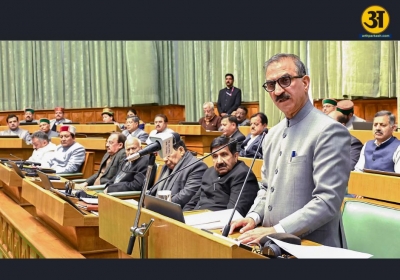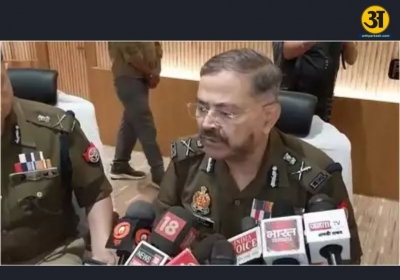
Ex-Punjab DSP Raka Ghirra gets 6-Year jail term for graft
Retired Punjab DSP Raka Ghirra sentenced to 6-year rigorous imprisonment in 2011 graft case
Retired Punjab Deputy Superintendent of Police (DSP) Raka Ghirra has been sentenced to six years of rigorous imprisonment by a special Central Bureau of Investigation (CBI) court. This comes after she was found guilty in a corruption case dating back to 2011. Ghirra was convicted under sections 7 and 13 of the Prevention of Corruption Act and has been fined ₹2 lakh.
The case against Ghirra dates back to 2011 when she was arrested by the CBI from her residence in Chandigarh's Sector 15. She was apprehended for accepting a bribe of ₹1 lakh from a realtor to resolve a legal matter. The trial lasted for 12 years before she was convicted.
Allegations and legal proceedings
The complaint against Ghirra stemmed from accusations of demanding a bribe of ₹2 lakh to settle a land dispute investigation. The complainant, Krishna Kumar Malhotra, alleged irregularities related to a piece of land in Mullanpur village. The CBI laid a trap after receiving the complaint, leading to Ghirra's arrest.
ALSO READ: Chandigarh Metro plan casts uncertainty over PGI-Sarangpur flyover project
Following her conviction, Ghirra was sentenced to six years of rigorous imprisonment and fined ₹2 lakh by the special CBI court. The court's decision reflects the severity of the corruption charges against her and serves as a deterrent against such misconduct in law enforcement.
Previous legal issues and career background
Despite this conviction, Ghirra had faced legal issues before. In 2019, she was acquitted in a case involving the seizure of arms and ammunition during raids. Ghirra had joined the Punjab Police in 2001 as an inspector on compassionate grounds after her husband's demise. She was later promoted to the rank of DSP in 2007.
ALSO READ: Chandigarh: DSP Raka Ghirra convicted in 2011 Graft Case
The sentencing of Raka Ghirra underscores the commitment to uphold integrity within law enforcement agencies. It also sends a message that corrupt practices will not be tolerated, regardless of one's position or background. This case highlights the importance of transparency and accountability in maintaining public trust in the justice system.





